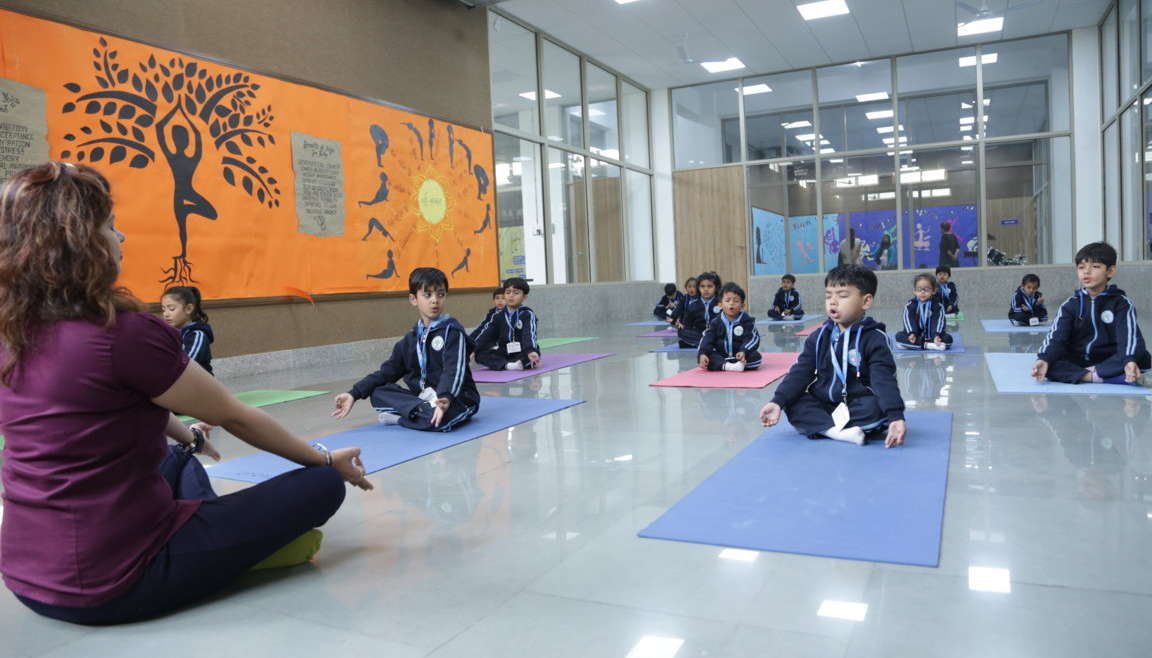Overview:
Mindfulness education in schools plays a crucial role in advancing understudies' psychological and close-to-home prosperity, upgrading their scholarly exhibition, and encouraging a positive school climate.

The following are a few critical advantages and roles of mindfulness education:
Working on psychological well-being: Care rehearses assist understudies with growing a better profound guideline and diminish pressure, nervousness, and despondency. By helping understudies to zero in on the current second and perceive their contemplations and sentiments without judgment, care can work on generalizing emotional well-being and strength.
Upgrading Fixation and Concentration: Care preparing works on understudies' consideration and focus, which are fundamental for scholastic achievement. Careful practices train understudies to support their concentration and lessen interruptions, prompting further-developed learning results and efficiency in the study hall.
Encouraging Close-to-Home Guideline: Care assists understudies in turning out to be more mindful of their feelings and responses. This mindfulness empowers them to deal with their feelings all the more successfully, prompting better relational connections and a more amicable homeroom climate.
Diminishing Social Issues: Schools that implement care training frequently see a reduction in conduct issues. Care urges understudies to stop and reflect prior to responding, which can lessen hasty ways of behaving and advance more insightful, thoughtful activities.
Supporting Social-Close-To-Home Learning: Care schooling supplements social-profound learning (SEL) programs by showing abilities like sympathy, empathy, and graciousness. These abilities are fundamental for building a strong and comprehensive school in the local area.
Advancing Actual Wellbeing: Care can likewise decidedly affect actual wellbeing by diminishing pressure related side effects like migraines, stomachaches, and weariness. This adds to by and large prosperity and status to learn.
Engaging Educators: Care schooling upholds instructors by furnishing them with devices to deal with their own pressure and create a quiet, engaged study hall climate. Educators who practice care can show these ways of behaving for their understudies, further incorporating care into the school culture.
All in all, mindfulness education is an important part of current schooling. By encouraging mental and profound prosperity, improving concentration and fixation, and advancing positive ways of behaving and connections, care establishes a strong and compelling learning climate that benefits the two understudies and educators.
Read more: What's the importance of teaching empathy in schools